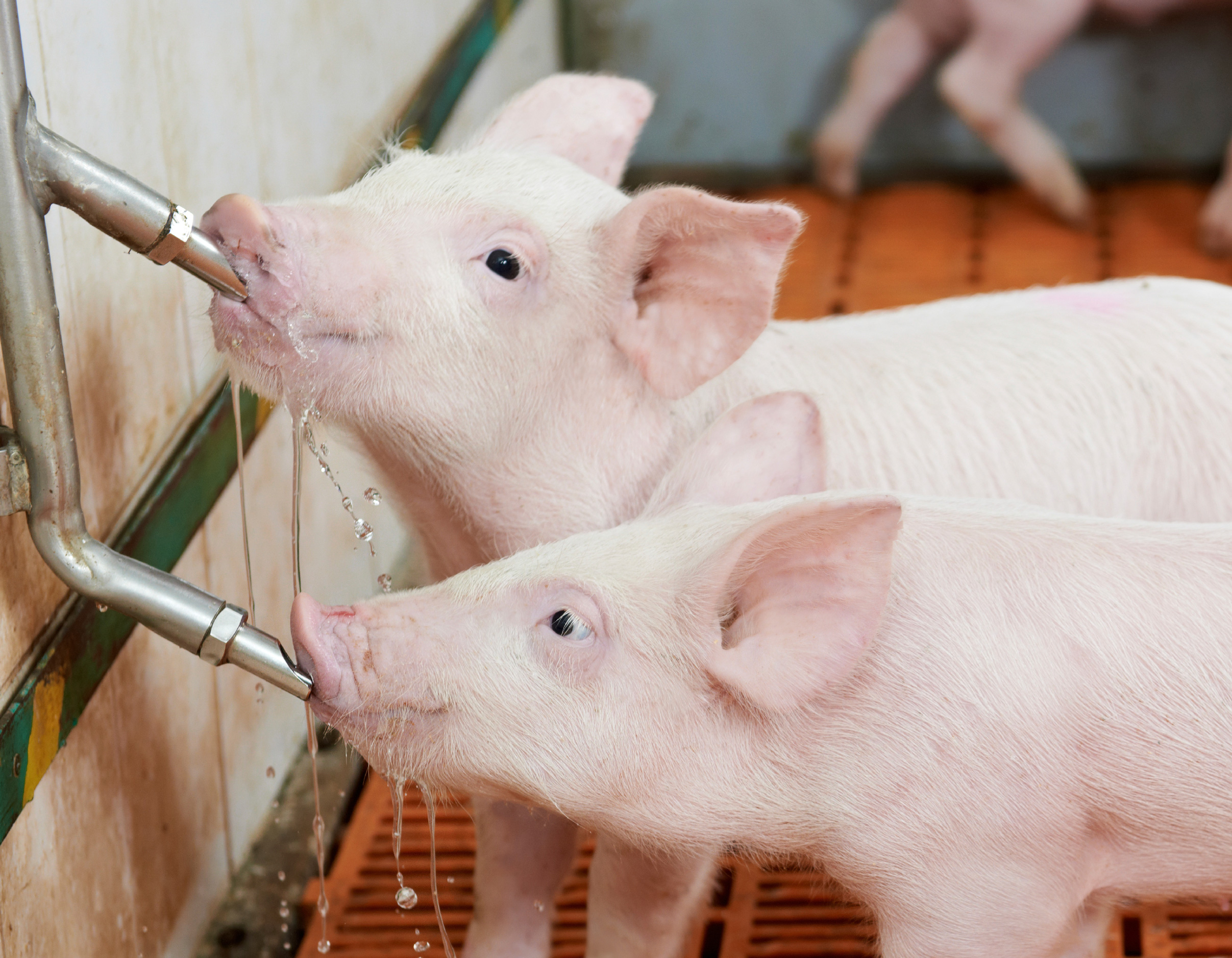
BioZyme, manufacturer of Amaferm®, Sure Champ ®, Concept-Aid® and other proprietary, natural supplements for livestock and show animals, has announced the launch of a new commercial brand focused on research and development of products for commercial swine and poultry operations.
Bill Bayless, Director of Commercial Sales, has been hired to lead the new commercial brand called LiquiFerm®. Bayless has more than 30 years of training, education and experience in animal husbandry, nutrition and management, in addition to extensive experience in sales, personnel and business management. Bayless has previously worked for Brookside Agra, Trouw Nutrition USA, Cargill Animal Nutrition, Continental Grain Co., Ringger Feeds and Ralston Purina Co.
“For the past 50 years, BioZyme has been recognized by its specific product brands, which have mainly been focused on ruminant animals and show livestock,” said Bayless. “Through research and customer feedback, BioZyme has discovered that many of its natural, proprietary formulations are quite beneficial to the commercial swine and poultry producers. With my extensive background in commercial animal agriculture, BioZyme made the decision to cross-over into the commercial segment. We currently have products and will be developing new products that support animal production. With the new regulations coming in 2016, producers are going to need products that assist animal performance at critical phases of their operations, such as weaning or starting a new group.”
BioZyme has already completed several research studies and has two more research trials beginning in November. BioZyme will continue to develop new products for its new commercial brand.
“We are very excited to be expanding our business into the commercial segment,” said Lisa Norton, Vice President of Sales and Marketing at BioZyme. “We have always known that our unique products are beneficial to a variety of animals, but had not made the transition into poultry or commercial pig operations until recently. We have a lot to contribute to the industry.”